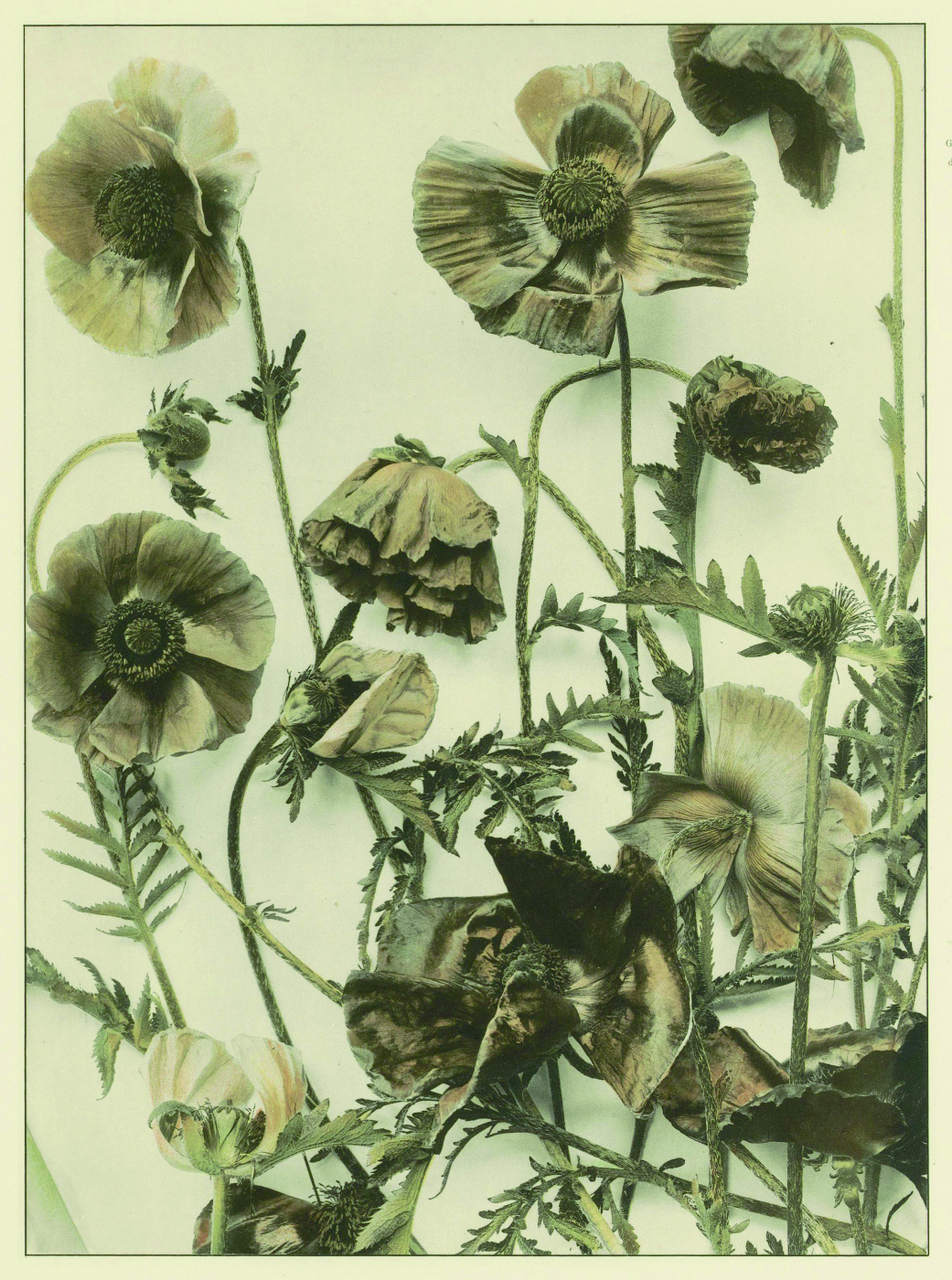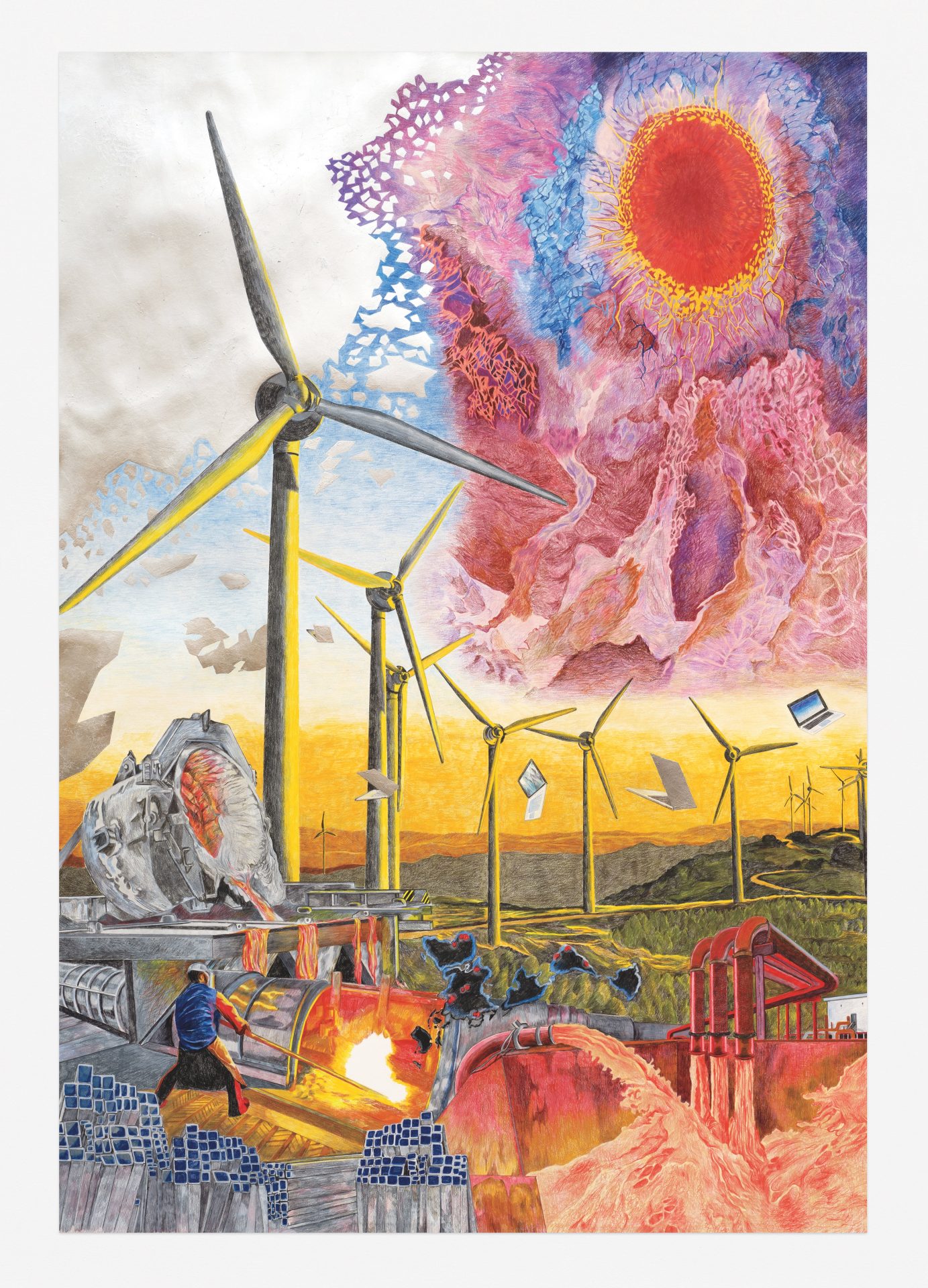
Alexi McCammond will not be assuming the role of editor in chief of Teen Vogue, after anti-Asian tweets she wrote in 2011 resurfaced. In a statement posted yesterday, McCammond wrote that the tweets “have overshadowed the work I’ve done to highlight the people and issues that I care about—issues that Teen Vogue has worked tirelessly to share with the world—and so Condé Nast and I have decided to part ways.”
In the latest episode of “Artists On Writers | Writers On Artists,” presented by Artforum and Bookforum, painter Laura Owens talks to Édouard Louis.
The Asian American Journalists Association has issued a statement in response to concerns that the perspectives of Asian American and Pacific Islander reporters are being sidelined in coverage of the Atlanta-area massacre of six Asian women: “Without leveraging the reporters in newsrooms who can deftly navigate the AAPI community affected by the shootings, we risk overlooking and sidelining the perspectives that are central to the story and that need to be represented. This is poor journalism.” At the same time, the AAJA stresses that “one journalist does not—and cannot—speak on behalf of the entire community,” and that entire newsrooms must commit to informed and nuanced coverage.
For the New York Times, Sophie June talks with members of virtual writing groups that have started since the outset of the pandemic. “There are always going to be a million people in New York wanting to write a book. It’s never going to change, so I had to change my perspective,” said Hannah Pasternak, who started a group of her own last spring. “I just like that it’s a noncompetitive space.”
Nieman Lab profiles the Uproot Project, a group of climate journalists committed to supporting environmental reporters of color.
At NPR, Kazuo Ishiguro is interviewed by Terry Gross about how music and songwriting have lent themselves to his fiction, and why he doesn’t consider it surprising that readers of his new novel, Klara and the Sun, would sympathize with the protagonist, despite her being AI: “Because after all, characters in books are artificial. We’re making that kind of leap anyway. When we read books and you get weepy over the fate of some character, we’re not weeping over a real person.”
Audiobook service Libro.fm has put together a list of AAPI-owned bookstores to support, including online shop Femme Fire Books.





